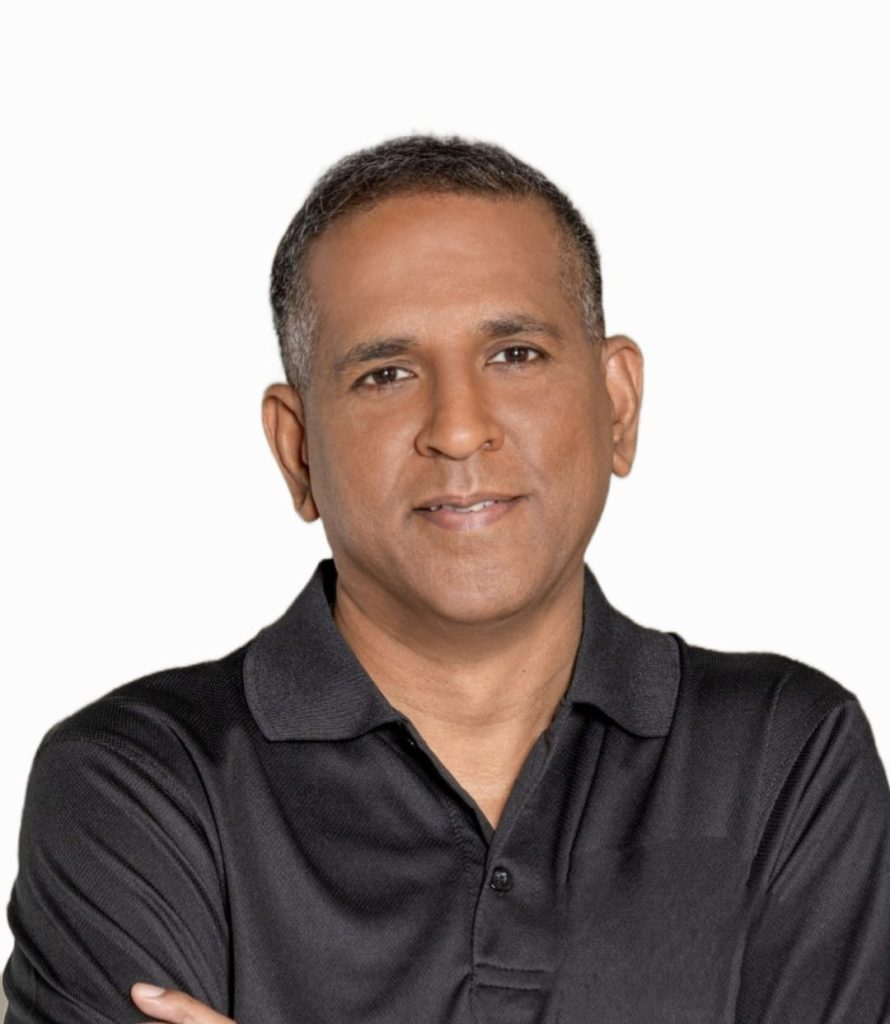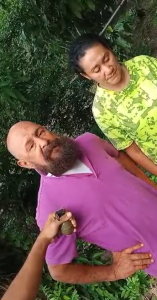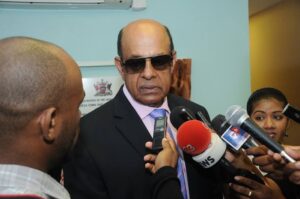AZP News Commentary

TRINIDAD and Tobago is now among the most violent nations on earth as murders continue to surge under the PNM Government. Despite numerous promises and crime-fighting initiatives, it is clear that the present administration has done little to address the underlying causes of violent crime, leaving the country gripped with fear and uncertainty.
T&T recorded 605 murders in 2022 and 577 murders in 2023.
By August 2024, 418 murders had already been recorded. This gives the country a homicide rate of 41.2 per 100,000 inhabitants, making it one of the most murderous countries in the world, with over six times the global average of 6.1 murders per 100,000.
This rate far exceeds what is considered to be an epidemic threshold, defined by some authorities as 25 to 30 intentional homicides per 100,000 people per year. To put this in context, T& T’s murder rate surpasses that of countries like El Salvador (52 per 100,000) and Honduras (40 per 100,000).
Comparison to the Caribbean
Compared to our Caribbean neighbours, T&T has an alarmingly high murder rate.
Although United Nations Office on Drugs and Crime (UNODC) data for 2023 is not yet available, using 2022 statistics, Barbados had a homicide rate of 11 per 100,000.
That same year, Jamaica often referred to as one of the most violent nations in the region recorded a murder rate of 44 per 100,000. In Guyana and Suriname, murder rates were estimated to be between 15 and 20 per 100,000.
The rate of increase in murders in T&T has also outpaced that of Jamaica, even though T&T’s base number is slightly lower. The government seems powerless to stop this trend. Jamaica, long plagued by drug and gang-related violence, might see its crime issues spreading to T&T, where the population is smaller (1.3 million), but the realisation of worsening crime is a failure if damage control proves impossible.
The international view
Internationally, T&T is one of the most homicidal countries in the world. The country’s murder rate is higher than Mexico’s, which recorded 25.2 murders per 100,000 people in 2022 amidst cartel violence. South Africa, with a murder rate of 33.5 per 100,000, remains synonymous with violent crime, but T&T is closing the gap very quickly. In comparison, more developed nations like Canada (1.8 per 100,000) and the United States (7.8 per 100,000) have significantly lower murder rates.
Government’s failure
Several other countries have implemented measures to reduce the levels of violence currently experienced in T&T. The PNM administration, however, lacks a comprehensive national security plan. Colombia, once known for its high murder rates, achieved a significant reduction through strategic reforms, aggressive measures against gang violence, and effective community policing. On the other hand, T&T is stuck in outdated policing methods, underfunded forensic capabilities, and political noise and sound bites that delays much needed change.
Intelligence deficit
In many first-world countries, police services are built by rigorous training programmes, strong recruitment processes, and a major emphasis on ethics and accountability.
For example, the United Kingdom now requires all new police officers to hold a university degree or obtain one through training programmes like the Police Constable Degree Apprenticeship. This ensures that officers possess the much needed advanced reasoning and problem-solving skills necessary for effective law enforcement. These high standards will help officers navigate complex situations and make proper and informed decisions.
Compared to T&T, applicants to the TTPS are required to have a minimum of five Ordinary Level passes in the Caribbean Secondary Education Certificate (CSEC) examinations.
While this includes mandatory passes in English Language and Mathematics, the accepted grades are grade I, II, or III. One can argue that a grade III is not sufficient to demonstrate proficiency in the required subject. Clearly, the educational threshold is much lower compared to the UK and similar first world countries.
While the TTPS clearly does not meet the benchmarks set by other countries, which can lead to errors in decision-making and ethical compliance. A recent example of this intelligence deficit or overspill of incompetence in tackling our crime problem is showcased in the recent debates over police uniforms.
Criminals have been exploiting the similarity between official police attire and everyday clothing to impersonate officers and commit crimes, further eroding public trust in law enforcement.
In response, the commissioner of police has decided to revert to old, colonial-style uniforms that are unsuitable for our tropical climate. This decision raises serious questions about its effectiveness and practicality in addressing the real issue.
Critics argue that simply changing uniforms doesn’t tackle deeper problems like corruption, inadequate training, and lack of resources within the police force. A more reasoning and problem-solving approach to this may involve implementing advanced identification technologies, stricter control over uniform distribution, and comprehensive reforms in policing practices.
Reverting to outdated uniforms seems like a superficial fix rather than a thoughtful strategy to combat the issue, which can bring about new problems without solving the existing ones.
What Must Happen
The public’s demand for significant change is growing each day as the murder rate continues to climb. Public confidence has been damaged by the PNM administration’s inability to reduce crime, and many people now fear that without immediate action, the nation could descend further into chaos. New and urgent reforms are needed to restore safety and order.
A shift in leadership is critical, as the PNM has failed to address the nation’s crime crisis. A change in leadership is necessary to bring in fresh ideas, accountability, and decisive action. Implementing modern and effective crime prevention techniques, such as enhancing community policing, utilising advanced forensic technology, and promoting youth engagement initiatives, is essential.
Addressing the root causes of crime requires these modern techniques, as well as rebuilding public trust in the legal system.
This will necessitate a more efficient judicial system to ensure prompt prosecutions and better crime detection.
Restructuring the T&T Police Service (TTPS) with improved training and resources is also most crucial. We must subscribe to the view that “we simply do not know what we do not know.”
So, utilising the same people who sat by while this problem spirals out of control is not an option. We need new and radical perspectives and ideas. We also do not have to reinvent the wheel but look to other countries where crime in under control.
Socioeconomic disparities contribute significantly to the violence, with high unemployment rates, especially among young males, driving many into crime activities. Addressing these underlying issues through social programs, job creation, and education is one of the most essential aspects.
Without swift action, T&T will remain one of the most dangerous countries in the world, harming its already damaged appeal as a tourist destination and undermining its chances for economic growth. T&T is at a turning point at the next general elections. The citizens will decide whether we hold the government responsibility for its failures to date on crime or allow the violence to continue and escalate with unavoidable catastrophic consequences for future generations.
Shiva Ramnarine, founder of Mobius Solutions Consultancy, has over 25 years of experience as an executive and finance business leader. He is also a former chief financial officer of the Telecommunications Authority of Trinidad and Tobago. The views and opinions expressed in this commentary do not necessarily reflect those of AZP News, a Division of Complete Image Limited
See other commentaries by Shiva Ramnarine below:
![]()















Paul Mohammed
October 27, 2024Is escalation in crime a PNM election strategy to intimidate voters who are at variance to the PNM governance model. Or is it this PNM government is incompetent. A vivid example is our PM is attending CHOGM to celebrate his birthday at taxpayers expense H e has literally abandoned this country and has left an incompetent Minister of National Security to manage safety and security of TT. When the PM flew out the Guardian had the homicides as at October 19 at 505. Seven days later October 26 had the homicides rate at 519. In one week absence of the PM there were 14 confirmed homicides. Two a day. Does this statistic tells you we’re have a caring PM and by extension a caring PNM government. It’s time to vote the out